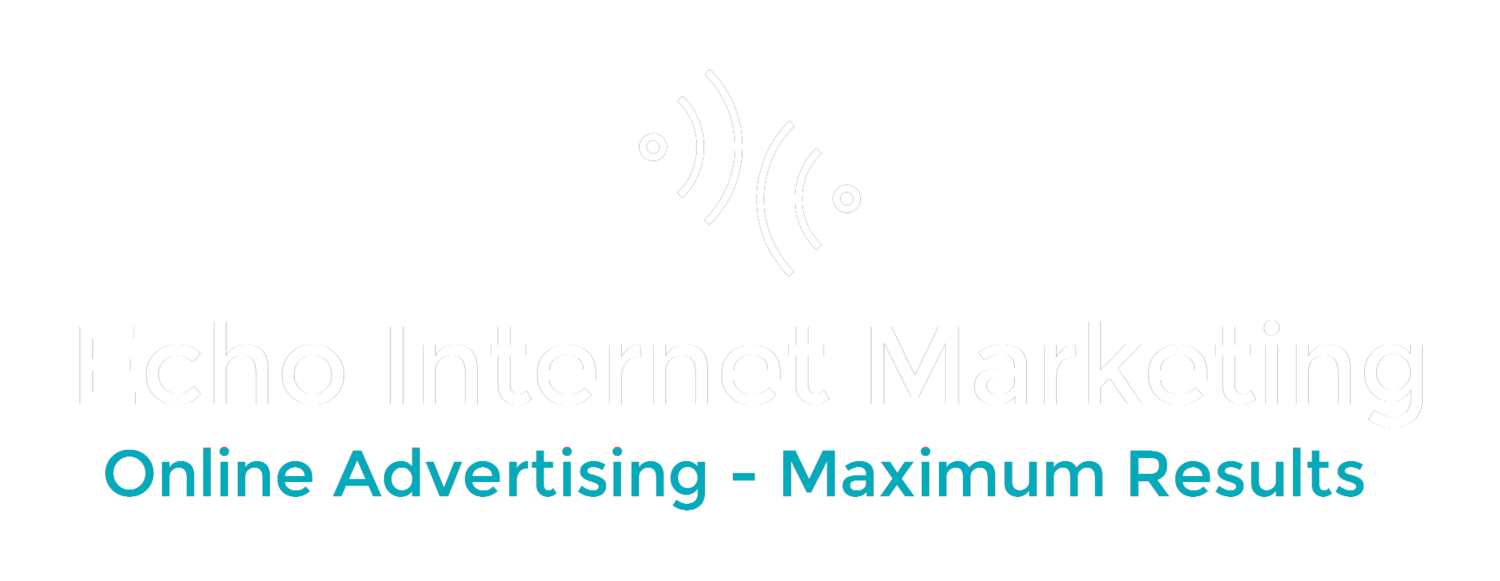Yesterday and Today ( 9/6,7) We're Attending Social Fresh in Charlotte, NC.
Social Fresh brings together some of the brightest names in Social Media Marketing to speak on the latest in using Social Media to marketing your business.
Its great to hear these speakers separate all the hype about Social vs. what really works and how to use Social to market effectively (and not waste time).
There's alot to take in, and alot we'll be using to help our clients market their businesses using and getting results using Social. But we thought we'd at least put up some info from an excellent presentation from David B. Thomas from Radian 6.
B2B Social Media: Speaker David B. Thomas from Radian 6
How do you use Social Media to market your business if its B2B? You need to realize both the similarities and differences between using social for B2B vs. B2C. Here are some takeaways from this part (the main points are in bold):
- In Social Media for B2B, there is usually longer sales cycle. 6 months, a year, longer vs. a typical B2C transaction such as going into best buy and buying a tv either on the spot or coming back later that week.
- In B2B social, there are more influencers in the buying decision. For example, with a personal buying decision such as where to eat, you or your family, friends may influence your decision.
- There is usually higher dollar valued sales, means longer consideration on the purchase, vs. most personal buying decision.
- There is usually a higher value to relationships between the organization buying something from another business.
- An organization will likely buy more or use your service longer in B2B vs. a single person.
- Reach: Still important, how much reach your company has and Social will allow your potential clients to share and engage with your brand.
- Content Still Rules: Share useful, relevant, timely information.
- Where B2B and B2C are similar: You can still form emotional connections, even in B2B. If someone in a business believes in your product or service in a business that is interested in what you have to sell, they may be pulling for your businesses over your competitors in their organization and can have definite influence.
What does this mean? Like traditional marketing, everybody loves a good story. Give them that story with quality content. But realize the above when doing social for B2B.
That's it for now. Stay tuned for future info and blog posts using the great information we're learning about the latest in Social Media Marketing.
